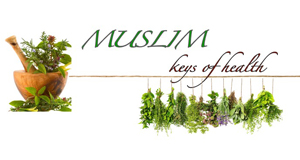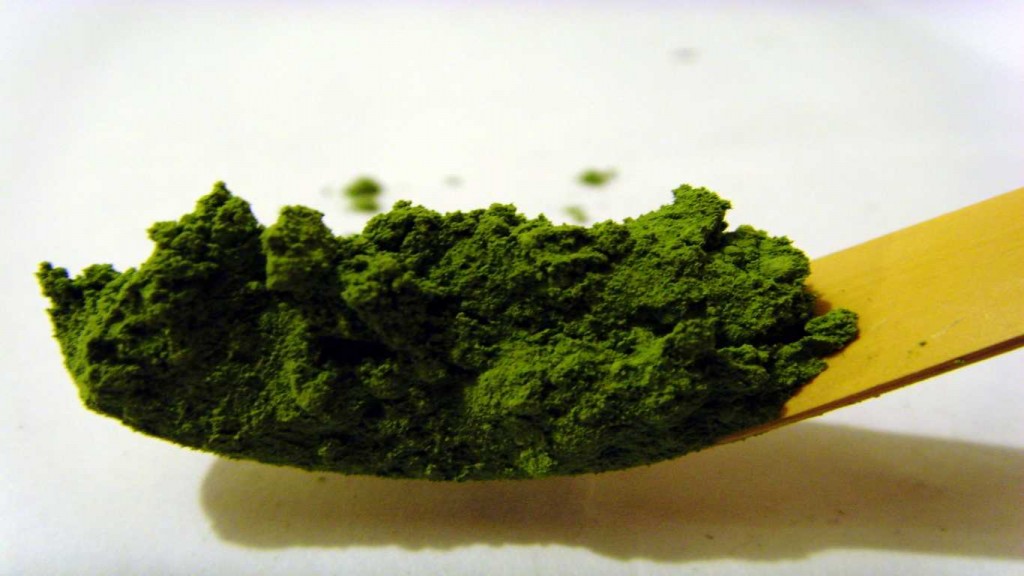GREEN TEA
Not as familiar to the Western palate as the black tea, but it is certainly not an unknown variety. As the world becomes a smaller place due to easy and fast spread of knowledge, we are discovering more and more hidden treasures from other parts of the world.
Green tea, most popularly known as the ‘anti-aging beverage’ has been an integral part of life for centuries in various cultures. It is packed with nutrients that help slow down body’s aging process, the most striking example of which we see in Japan.
So what exactly is green tea?
Green, black and oolong teas come from the same plant, Camellia sinensis. The difference is that green tea has leaves that have not been fermented, so they contain the highest level of antioxidants. Some of the antioxidants and healing compounds found in green tea include polyphenols, catechins and various other types of flavonoids.
Even though it contains small amounts of caffeine, green tea consumption has been associated with more health benefits than even many ‘superfoods’.
BENEFITS OF GREEN TEA
Long term studies on various populations suggest that green tea is beneficial for overall health, however, it shows incredible amount of benefits for the following conditions:
- Heart health by reducing atherosclerosis and risk of heart diseases
- Lowers blood pressure
- Reduces cholesterol levels
- Reduces inflammation in cases of arthritis
- Increases bone density
- Improves memory
- Helps prevent cancer
- May help prevent memory loss and Alzheimer’s
- Helps protect brain cells from free radical damage
- May help prevent diabetes and insulin resistance
- Promotes bone health
- Protects vision and prevents eye diseases
- Aids in weight loss
GREEN TEA AND CANCER
In 1994 the Journal of the National Cancer Institute published the results of an epidemiological study indicating that drinking green tea reduced the risk of esophageal cancer in Chinese men and women by nearly sixty percent. University of Purdue researchers also concluded that a compound in green tea inhibits the growth of cancer cells.
Green tea helps to inhibit the onset of cancer by blocking the action of nitrosamines, which can cause cancer. Another way it may help fight cancer is through preventing cell mutation. The antioxidative actions of the polyphenols in green tea inhibit mutation of the DNA in healthy cells, which can cause them to become cancerous.
Research conducted by the Mayo Clinic shows that green tea helps kill cells of the most common form of leukemia. Scientists suggest that component of green tea – EGCG – helps kill the cancer cells by cutting off the communication signals they need to survive.
Stomach cancer is at its lowest rate in Shizuoka prefecture along the coast southwest of Tokyo. One explanation is that Shizuoka is a tea–growing district and its inhabitants drink large amounts of green tea.
A study was conducted in China during 1999–2000 on Ovarian Cancer and green tea consumption. The findings showed that ovarian cancer risk declined with increasing frequency and duration of tea consumption. The conclusion was that increasing frequency and duration of tea drinking, especially green tea, can reduce the risk of ovarian cancer.
There are so many varieties out there. How do I choose?
There are a wide variety of green teas available around the world. Each place has its own unique variety with a unique taste, texture, aroma, and benefits.
Here are some of the most common types of green teas available:
- Fukamushi Sencha
- Gyokuro
- Kabusecha
- Matcha
- Tencha
- Genmaicha
- Hojicha
Why some green teas are a lot more expensive than others depends on a number of factors including but not limited to: the quality of the soil, availability of clean water, elevation of the agricultural land, time of the year it is harvested, the length of leaves, how long ago it wa harvested, and how it is stored.
HOW TO BREW A PERFECT CUP OF GREEN TEA
Most experts recommend drinking 3 to 4 cups a day for availing maximum benefits of green tea.
Ingredients
- 1-2 teaspoons of green tea leaves
- 1 cup of water
Method
- Boil the water until it reaches a temperature of 71-82 degrees C / 160-180 degrees F
- Let it sit for a minute or so before adding the tea leaves.
- Let the mix steep for approximately five to eight minutes; or longer if you prefer strong flavor.
- Strain and transfer the tea to a cup
- Add honey or lemon to taste.
- Enjoy!
Matcha Tea Brewing Method
It is best to read the instructions on the box, but generally, Matcha tea is brewed this way:
- Fill kettle with water and heat to just short of boiling.
- Warm the serving bowl by pouring hot water in, and then throwing it out.
- Add 1 teaspoon of matcha tea powder to bowl or cup and 2 ounces of nearly boiled water.
- Whisk for a minute or two until it looks thick and frothy with tiny bubble, then add 3–4 ounces of boiled water before drinking.
Green tea is definitely a more health-conscious choice then a cup of coffee. Even though green tea contains less caffeine, from my personal experience, green tea gives you about the same ‘boost’ as a cup of mild coffee. In fact, drinking green tea after 7 PM causes me to stare at the walls until 2 AM, no different than coffee! So when it comes to choosing a cup of healthy warm drink with amazing health benefits, green tea is definitely a no-brainer.

